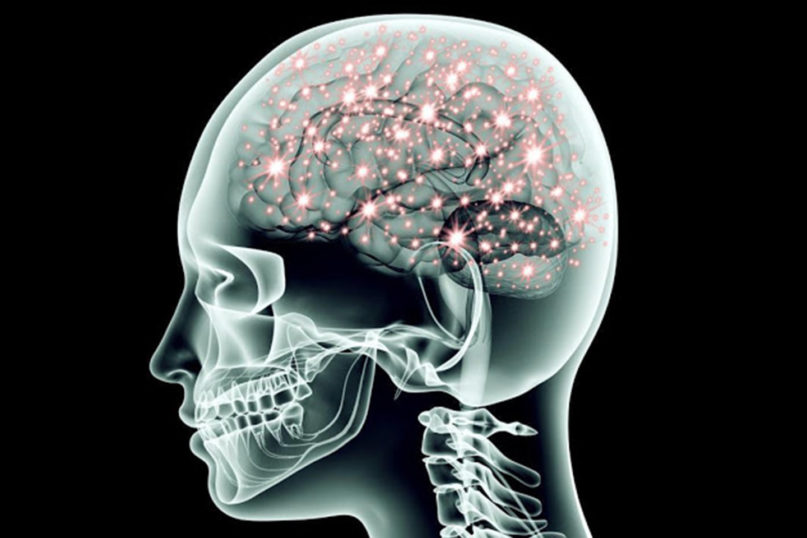
The ‘vagus’ nerve is like the “pied piper” of the parasympathetic nervous
system, which is one of three divisions of the autonomic nervous system
that conserves energy as it slows the heart rate, increases intestinal and
gland activity.
By: Alexandria Addesso
The ‘vagus’ nerve is the longest nerve in the body, it begins in the brain as the tenth cranial nerve and travels down the neck and then passes around the perimeter of the digestive system, liver, spleen, pancreas, heart, and lungs. This nerve is like the “pied piper” of the parasympathetic nervous system, which is one of three divisions of the autonomic nervous system that conserves energy as it slows the heart rate, increases intestinal and gland activity, and relaxes sphincter muscles in the gastrointestinal tract.
Recently, research has shown that by activating the vagus nerve they can greatly influence inflammation and the immune system. The role of the brain on body inflammation can be profound. If you suffer from digestive complaints, high blood pressure, depression or any inflammatory condition the impact in relief could be astronomical.
So how do we go about this?

The tone of the vagus nerve is key to activating the parasympathetic nervous system. How do we track the vagal tone? This can be done by tracking an individual’s heart-rate alongside their breathing rate. Your heart-rate speeds up a little when you breathe in and slows down a little when you breathe out. The bigger the difference between your inhalation heart-rate and your exhalation heart-rate, the higher your vagal tone. Higher vagal tone indicates that your body can relax faster after stress.
So how do we increase a vagal tone and thus reduce inflammation?
“My mother died from a brain tumour when I was five-years-old. It was very sudden and unexpected,” said Dr. Kevin Tracey, a neurosurgeon based in New York and referred to as the ‘nerve hunter’ in a recent article by Mosaic Science. “And I learned from that experience that the brain – nerves – are responsible for health.”
This is what led Tracey to become a brain surgeon. But it wasn’t until his hospital residency that he was ushered into nerve hunting. This was brought about while looking after a patient with serious burns who suddenly suffered severe inflammation and thus incurred great pain
because of it. After years of research Tracey uncovered six ways to increase the vagal tone and thus, reduce inflammation.
They are as follows:
1. Slow, rhythmic, diaphragmatic breathing.
2. Humming (Since the vagus nerve is connected to the vocal cords).
3. Speaking (Which also stimulates the vocal cords).
4. Washing your face with cold water.
5. Meditation, especially loving kindness meditation which promotes feelings of goodwill towards yourself and others.
6. Balancing the gut microbiome.
SHARE


















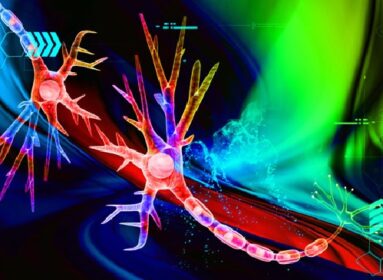
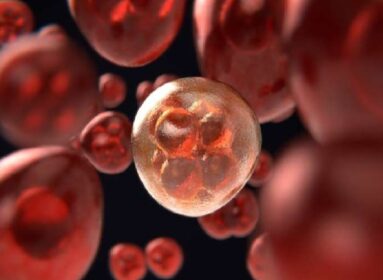
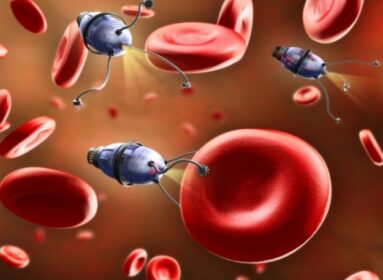


















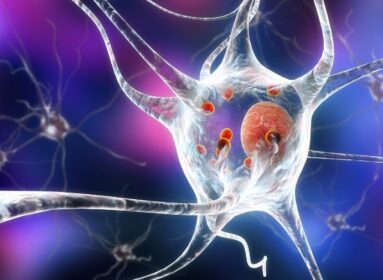

























Comments are closed.